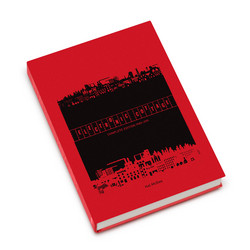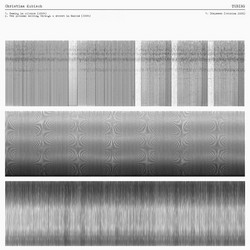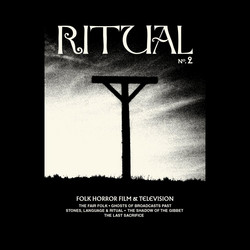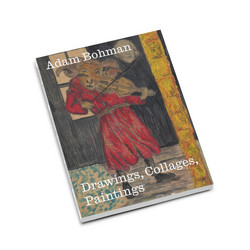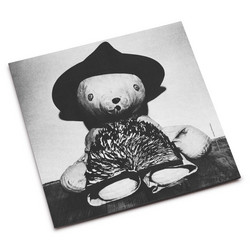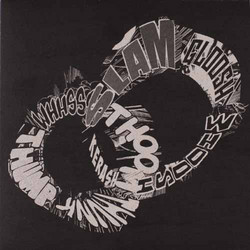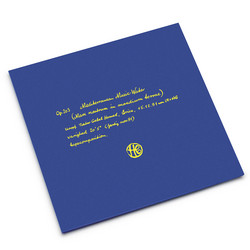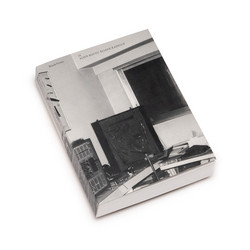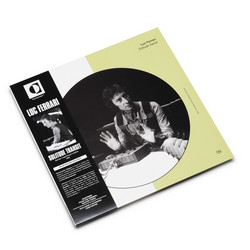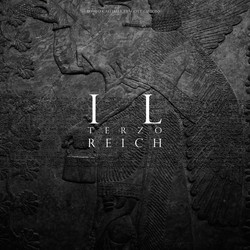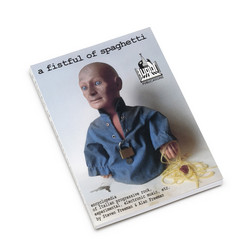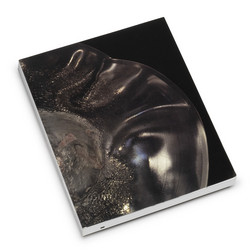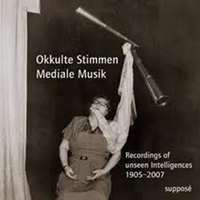The CD Stories from Paolino's Tapes consists of taped letters (in English) which Feyerabend recorded for his last wife, Grazia Borrini-Feyerabend, during his stays in Switzerland, Berkeley and Rome. These recordings, interesting also because of their curious mix of Viennese and Californian idioms, reveal another side of the philosopher. Feyerabend's views on a bad translation of Brecht/Weill's Dreigroschenoper, his comments on certain nuances of Verdi's Falstaff, his own translation of Xenophanes, his view on Fritz Lang's film Fury, etc. do more than just bridge the spatial distance between him and his life partner. Feyerabend was a passionate listener to music, reader and cineast. In these recordings he engages the listener in some of the things he deeply cared about. One of the most touching recordings is about the Austrian physicist Erwin Schroedinger. 'Schroedinger was an outsider in many respects...' What follows is a tale of individual courage, intellectual honesty and simple decency. As the tale unfolds it becomes clear that Schrödinger was an important role-model, if not something like a father-figure for Feyerabend. If it had not been for Schrödinger, so Feyerabend says at one point, he may well have ended up in Vienna 'as some drunken bum rolling around the sidewalks'. Apart from Schrödinger, Feyerabend mentions some other of his heroes but also some villains, among them quite a few philosophers.
What Feyerabend illustrates with these 'anecdotes' is that freedom at large depends on individual acts of courage and decency, unimpressed by and at times acting against mainstream ideologies. Moreover the propagation and defence of the values Feyerabend considered important is not necessarily an exclusive domain of intellectuals - though they are particularly culpable when they fail, as they often do. In the last recording on the CD (about the football player Paul Robeson and the boxers Joe Louis and Max Schmeling) draws attention to the fact that utopian visions may be just as much present in sentimental music, hall songs, or in a boxing fight, as in the manifestations of so-called high culture. Indeed, those who push themselves into the limelight and claim to talk for all mankind - 'those standing in the light' are not likely to be the ones to respect the right to freedom of 'those standing in the dark'. This deep distrust of authority, in whatever garb, was perhaps the most important Leitmotiv for Feyerabend and there is no doubt that it not only pervaded his philosophical work but every aspect of his life.
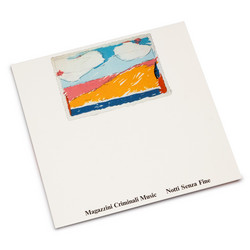
![data-cosm [n°1]](https://cdn.soundohm.com/data/products/2026-02/ikedda-data-cosm-1-jpeg.jpeg.250.jpg)
